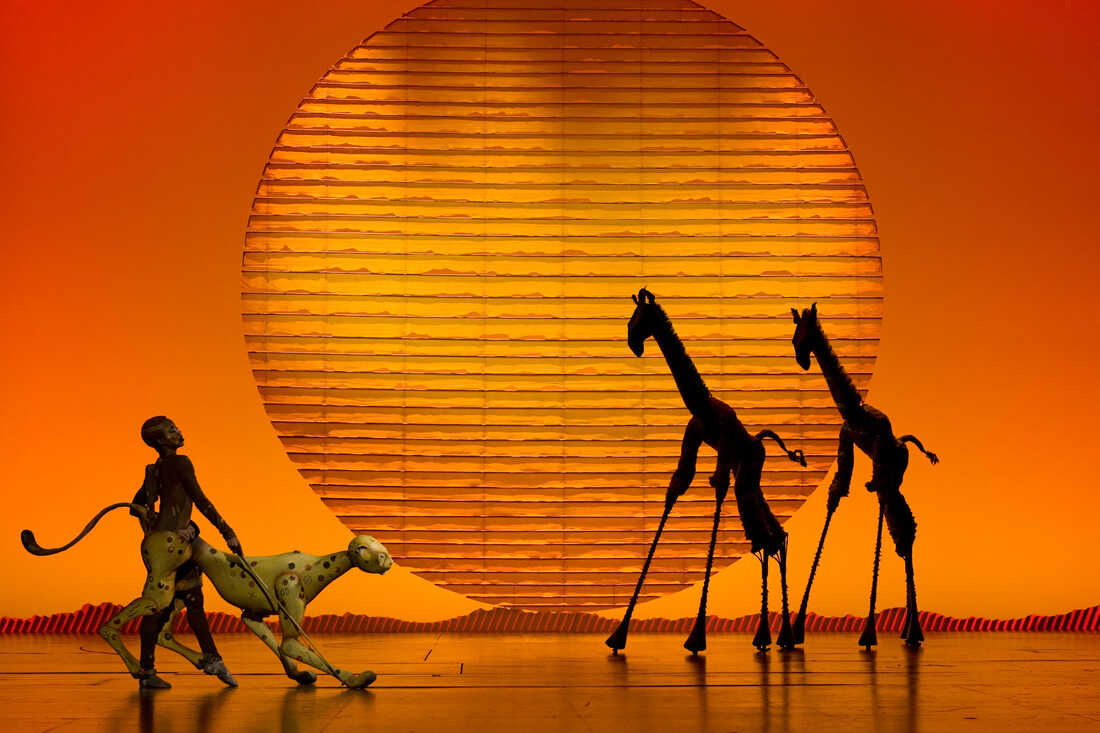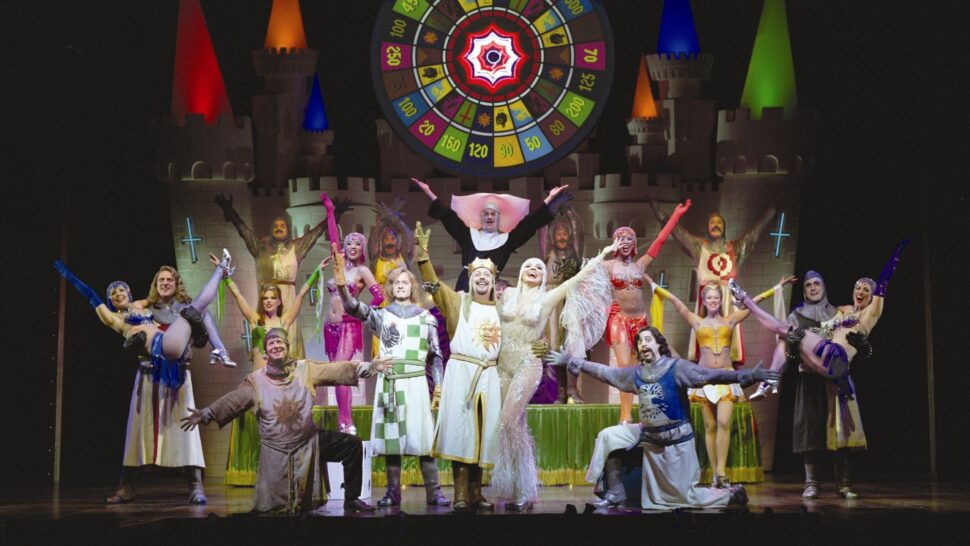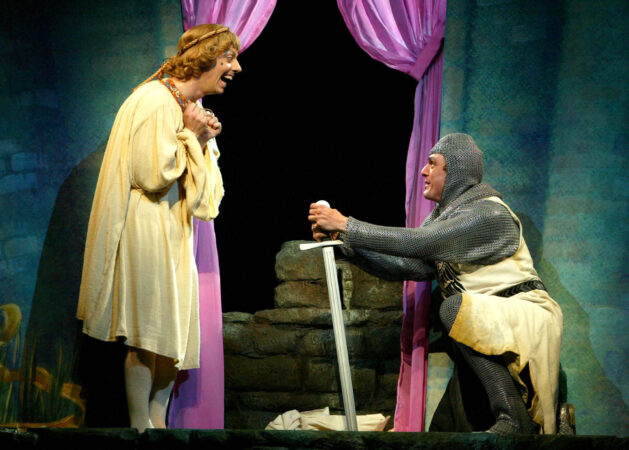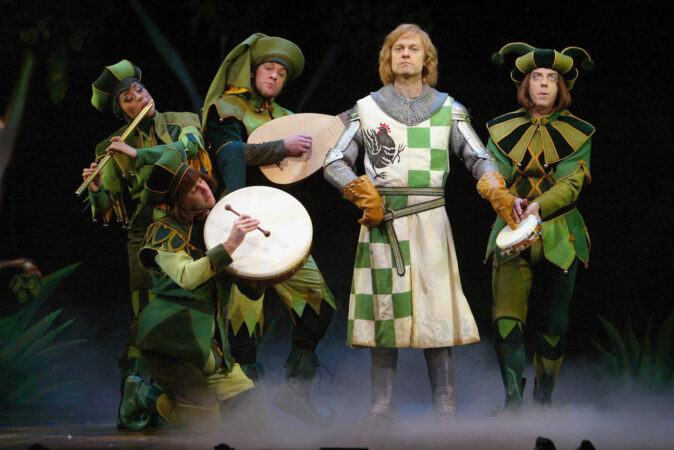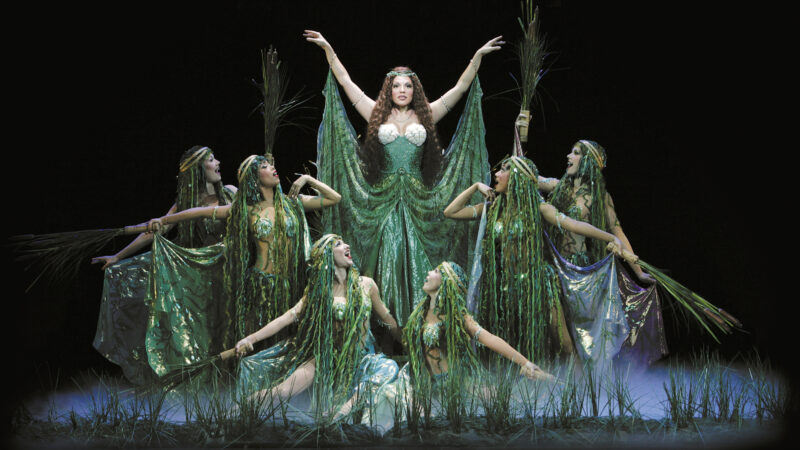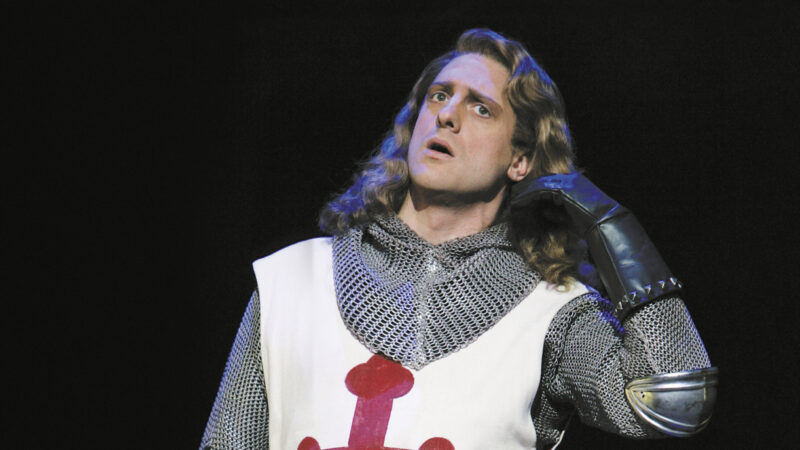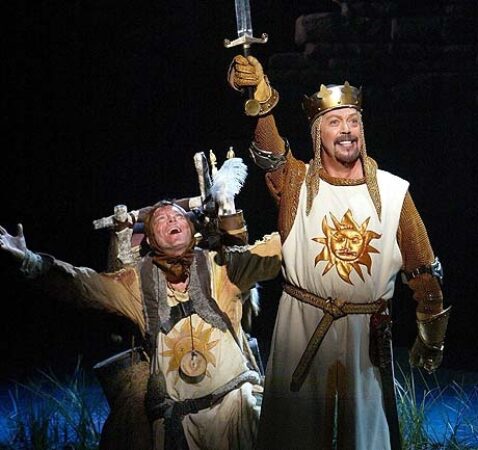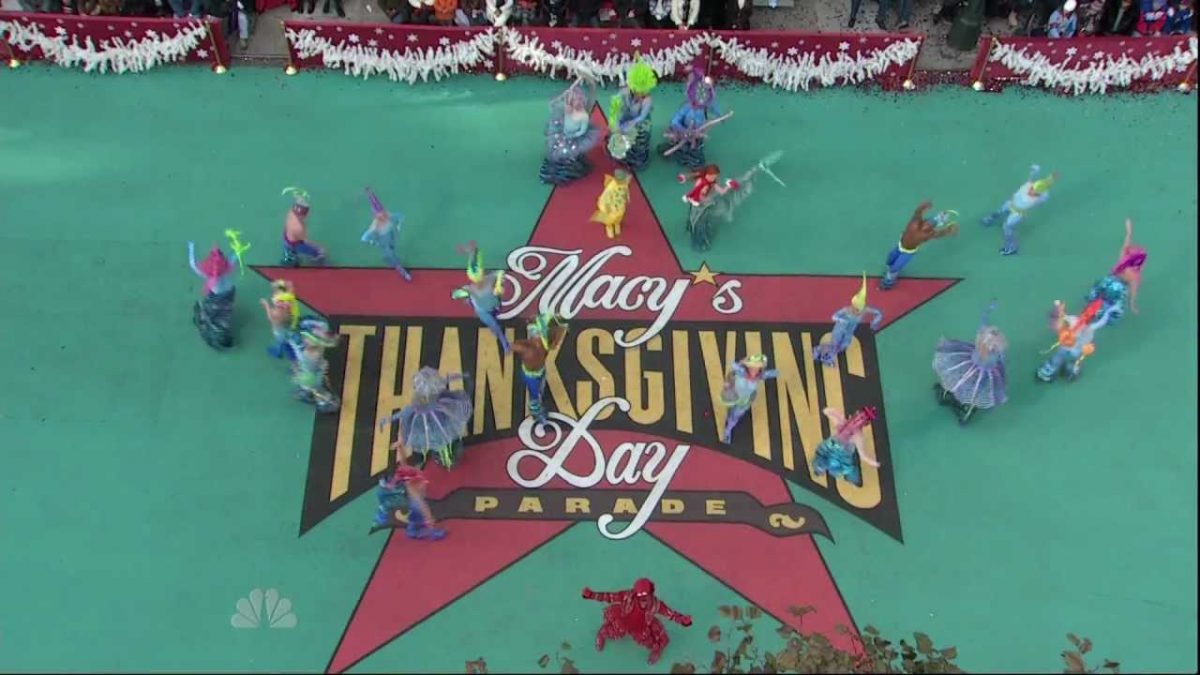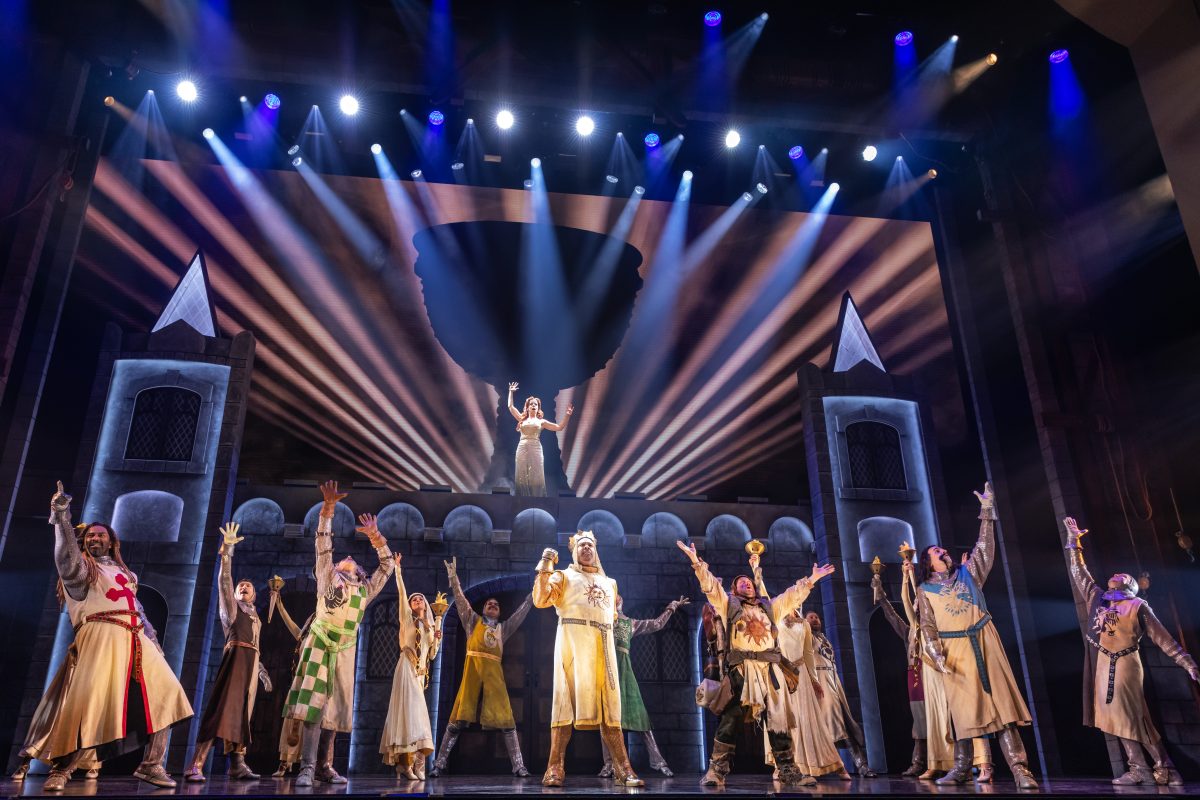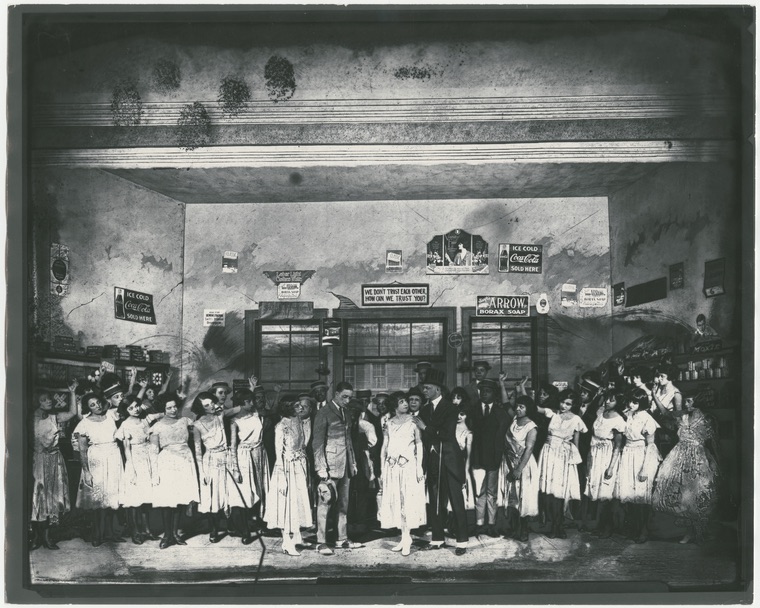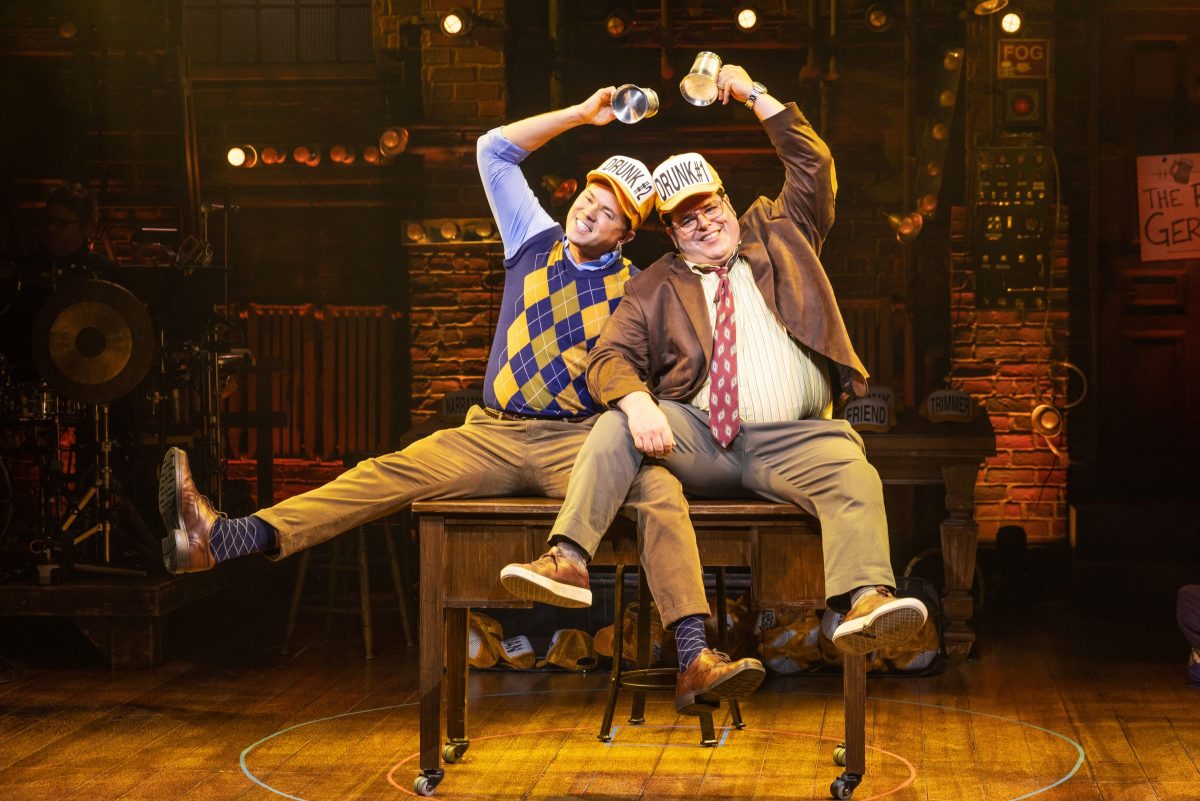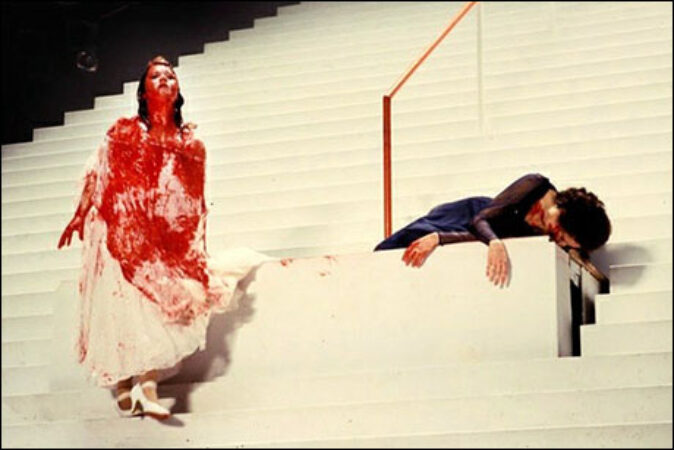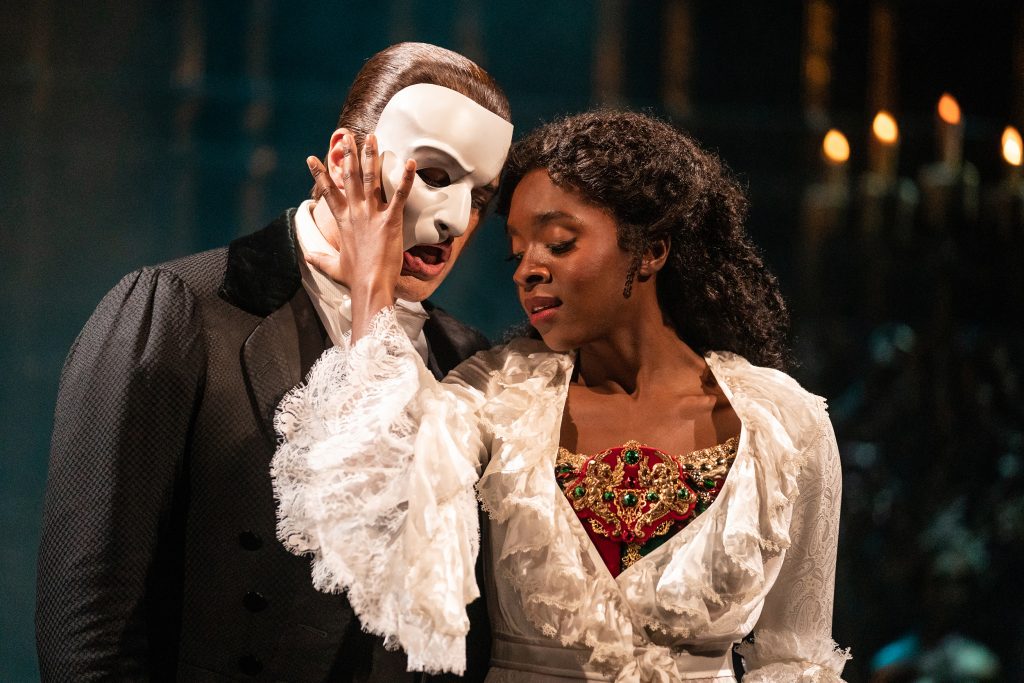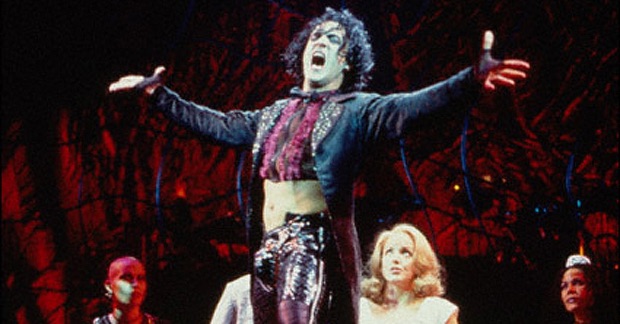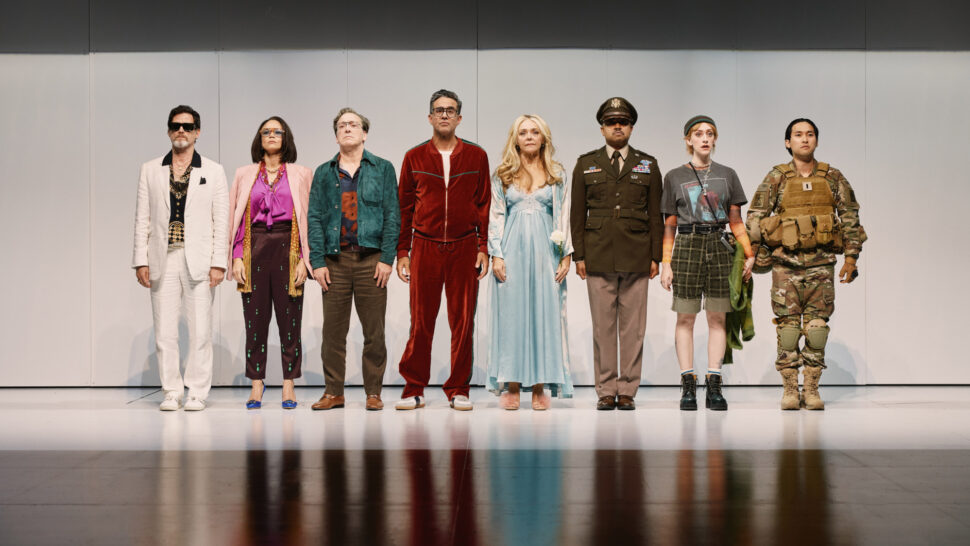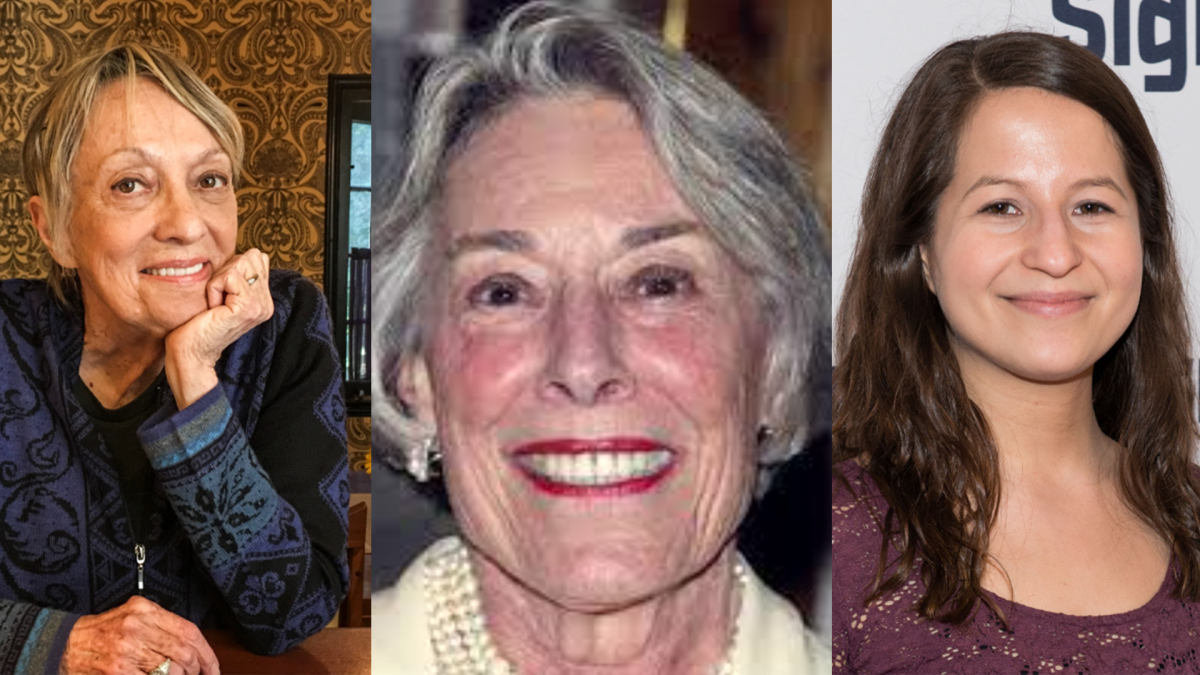As Thanksgiving approaches, why not infuse a touch of Broadway magic into your familial feast? This year, we draw inspiration from Broadway’s currently running shows to create a menu that celebrates both the theatrical and the culinary arts.
Pheasant on the Bone from SIX: The Musical
Our culinary adventure begins with a twist on the traditional turkey; a regal dish inspired by the hit musical SIX. “Pheasant, keep it on the bone,” exclaims Anna of Cleves in her number ‘Get Down.’ Now, the dish takes center stage, mirroring the vibrant energy and historical flair of the show. In SIX, the six wives of Henry VIII reclaim their narratives, and this dish, rich and flavorful, symbolizes the opulence of the Tudor era.
Corn from Shucked
Transitioning from Tudor elegance, let’s take a comedic turn with the simplicity and humor found in the musical Shucked. The exclamation “Corn!” serves as a delightful reminder that sometimes, the most uncomplicated pleasures are the most enjoyable. Incorporate corn in your Thanksgiving menu, be it corn on the cob, cornbread, or a savory corn casserole, to bring a touch of Shucked‘s lighthearted charm to your festive table.
Spam from Spamalot
Now, over to Spamalot and the iconic canned meat, Spam… a lot. Embrace the quirkiness of Monty Python’s Spamalot by adding this unexpected delight to your Thanksgiving spread. Whether it’s incorporated into a festive appetizer or presented in all its Spam glory, this dish will undoubtedly add a comedic twist to your feast, ensuring that your guests will be talking about your unique Thanksgiving for years to come.
Meat Pies from Sweeney Todd
As we delve into the darker side of Broadway offerings with Sweeney Todd, we encounter the infamous “Meat Pies.” While we hope your version is entirely free of any unsavory ingredients, the essence of Mrs. Lovett’s culinary creations should not be lost.
“Ali Baba Ganoush” from Aladdin
Now, let’s transport ourselves to the magical world of Aladdin with a delightful addition to our Broadway-inspired Thanksgiving feast – in ‘Friend Like Me,’ Genie conjures up “a lifetime supply of Ali Baba Ganoush.” This playful twist on baba ganoush pays homage to the exotic and vibrant atmosphere of Agrabah. Infused with Middle Eastern flavors, “Ali Baba Ganoush” is a creamy and smoky eggplant dip that adds a touch of Aladdin’s enchantment to your Thanksgiving spread. Serve it with warm pita bread, and let your guests savor the magic of Broadway in every bite.
Aunt Missy’s Sweet Potato Pie from Purlie Victorious: A Non-Confederate Romp Through the Cotton Patch
And for dessert, let’s bring a touch of Southern charm with “Aunt Missy’s Sweet Potato Pie” from Purlie Victorious. This scrumptious sweet pays homage to the play’s celebration of culture and family ties. Much like the message of Purlie Victorious, this pie brings people together, infusing your Thanksgiving with a sense of unity and the sweet taste of tradition.
Candy Necklaces from Kimberly Akimbo
In Kimberly Akimbo, a coming-of-age musical that combines humor with heart, the title character Kimberly finds solace in chewing on her candy necklace. Bring a touch of whimsy to your Thanksgiving dessert table with this playful treat. Candy necklaces not only add a burst of color but also embody the sweetness of familial bonds, mirroring the themes explored in Kimberly Akimbo.

